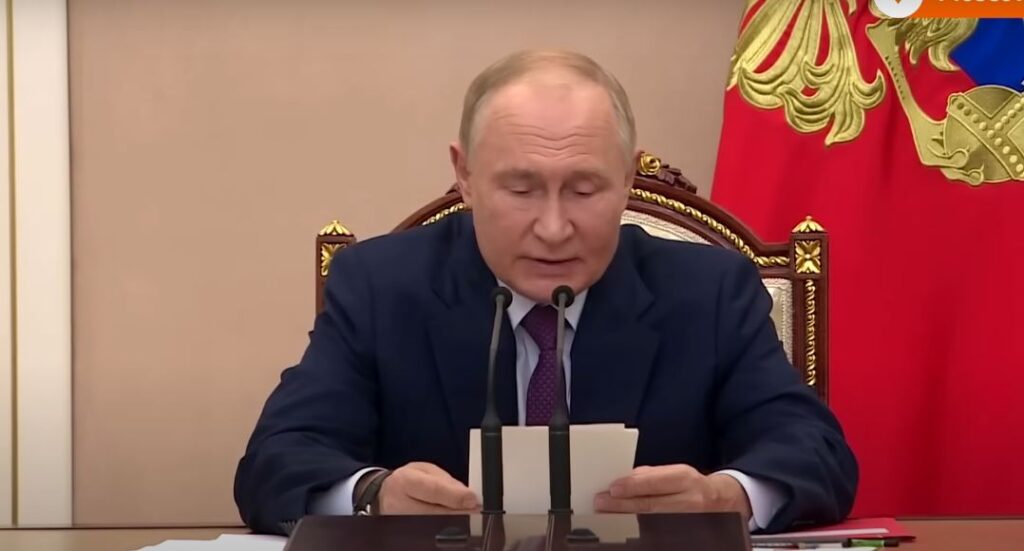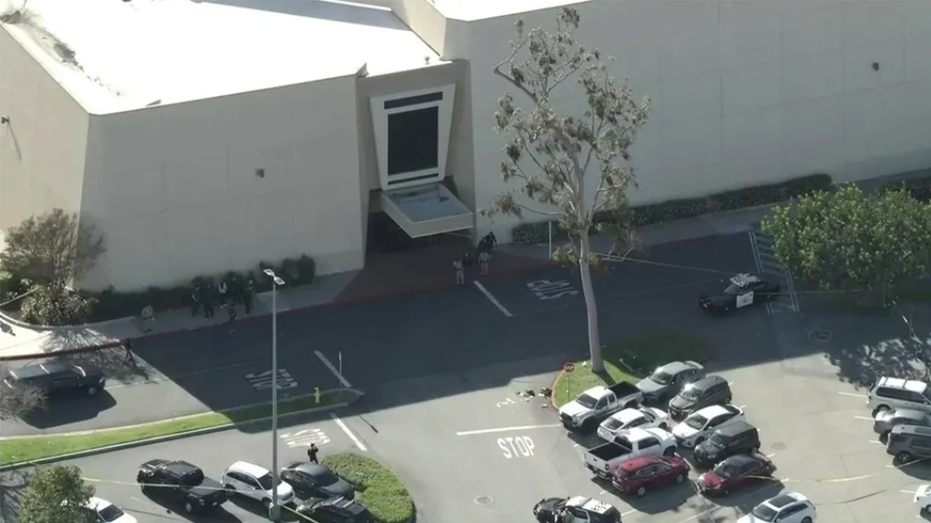ISW: Putin’s nuclear threats aim to influence Western support for Ukraine
Putin announces changes to Russia's nuclear doctrine, specifying conditions for nuclear weapon use against non-nuclear states. ISW sees this move as an attempt to sway Western policymaking regarding Ukraine's ability to use Western-provided weapons inside Russia.


Russian President Vladimir Putin announced updates to Russia’s nuclear doctrine, introducing “clarifications” regarding the conditions under which Russia might use nuclear weapons. The announcement came during the first public meeting of the Russian Security Council’s standing conference on nuclear deterrence on 25 September, the Institute for the Study of War (ISW) reports.
According to Putin, Russia will now consider using nuclear weapons in two specific scenarios: firstly, in the case of “aggression against Russia by a non-nuclear state with support or participation from a nuclear state,” and secondly, upon “the receipt of reliable information about the massive launch of air and space weapons” against Russia, with these weapons crossing Russian borders.
Putin specified that the “air and space weapons” that could justify Russian nuclear weapons use include strategic and tactical aviation, cruise missiles, drones, and hypersonic missiles.
The ISW assesses that Putin’s announcement is likely intended to “breathe new life into the Kremlin’s tired nuclear saber-rattling information operation and generate a new wave of panic among Western policymakers.” This comes at a critical moment in Western policy discussions about Ukraine’s ability to use Western-provided weapons.
“Kremlin officials routinely invoke thinly veiled threats of nuclear confrontation between Russia and the West during key moments in Western political debates regarding further military assistance to Ukraine — such as the ongoing debate about Ukraine’s right to use Western-provided systems to conduct long-range strikes against Russian military objects — to induce fear among decision makers,” ISW wrote.
However, US Central Intelligence Agency Director William Burns cautioned Western policymakers on 7 September against fearing boilerplate Russian nuclear saber-rattling. The ISW has long identified Russia’s nuclear threats as part of the Kremlin’s effort to promote Western self-deterrence, rather than an indication of Russia’s willingness to use nuclear weapons.
The ISW continues to assess that Russia is “very unlikely” to use nuclear weapons in Ukraine or elsewhere, despite the ongoing threats and policy updates.
Related:
- The dark truth behind NATO’s “fear of Russian escalation”
- US, UK spy chiefs praise Ukraine’s Kursk incursion, say West shouldn’t fear Russia’s nuclear threats
- Russia resorts to nuclear blackmail amid Ukraine’s Kursk incursion
- Putin’s nuclear threats proven hollow as Ukraine invades Russia, expert says
You could close this page. Or you could join our community and help us produce more materials like this.
We keep our reporting open and accessible to everyone because we believe in the power of free information. This is why our small, cost-effective team depends on the support of readers like you to bring deliver timely news, quality analysis, and on-the-ground reports about Russia's war against Ukraine and Ukraine's struggle to build a democratic society.
A little bit goes a long way: for as little as the cost of one cup of coffee a month, you can help build bridges between Ukraine and the rest of the world, plus become a co-creator and vote for topics we should cover next. Become a patron or see other ways to support.



